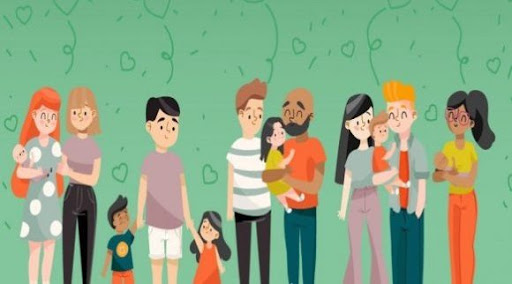
Havana, Jul 14 (RHC)--The 25th version of Cuba's Family Code expands citizens' rights and guarantees based on the proposals of experts and the more than six million Cubans who participated in its discussion.
The text, recently submitted to the National Assembly of People's Power and the citizens, presents a 49 percent transformation of its content concerning the previous one, based on the more than 430 thousand proposals made during the widespread consultation.
One of the issues that underwent the most significant changes in its approach was family care, which was enshrined as a right of all persons, freeing it from any requirement, status, or particular situation.
In this sense, the Code instructs in its final provisions the Ministry of Labor and Social Security for adequate protection of caregivers so that they do not lose their labor rights or income for the constant care of a dependent person.
One of the concepts that generated the most opinions and doubts during the consultation from February to April of this year was that of solidarity pregnancy, an unprecedented legal figure in Cuba.
The new version of the Code improves the clarity in the definition of this concept, its distinction with the assumptions that generate multipotentiality, establishes a deadline to initiate the process, and strengthens the figure with legal protection mechanisms.
The text expands the protection of the rights of children and adolescents. For example, it incorporates guarantees in exceptional and catastrophic situations and reinforces urgent guardianship in the event of discrimination or violence.
Another new concept incorporated in the Code is parental responsibility, understood as the set of powers, duties, and rights of parents to fulfill their role of assistance, education, and care of their underage children.
Among the transformations incorporated in version 25 are rules on the consent of both holders of parental responsibility, such as for leaving the national territory and the option of recording in a notarial deed the delegation of part of their responsibility in favor of third parties.
The legal norm could undergo further changes next week when some 600 deputies of the Parliament discuss it for the approval of the final version that will be submitted to a referendum in September of this year.
The Family Code, if approved, will replace the one in force since 1975 and allow a better exercise of justice, adjusted to the new socio-demographic dynamics of the country.

